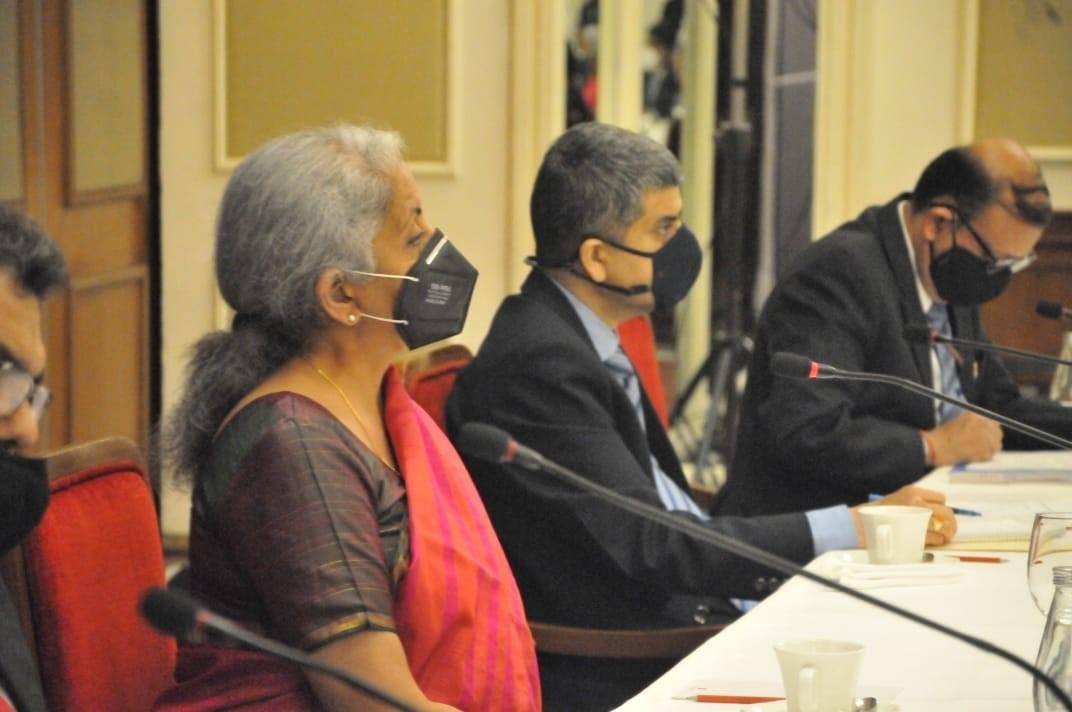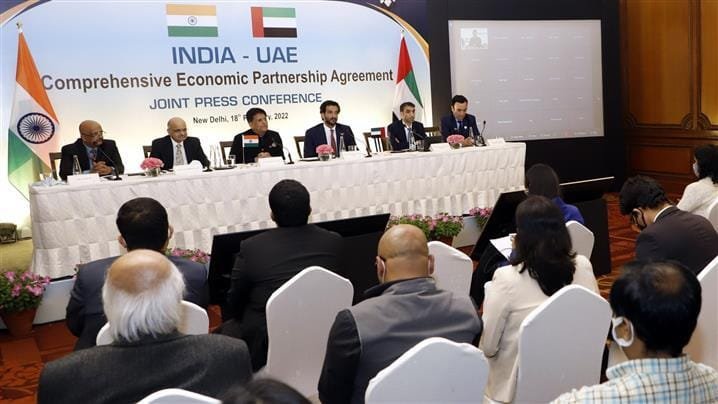India’s soft-power and diplomatic outreach to China’s neighbourhood were on display during Prime Minister Narendra Modi’s recent visit to Mongolia. The strategic intent underpinning this visit needs careful consideration, writes Rajeev Ranjan Chaturvedy.
Mr Modi has pursued his foreign policy objectives with exceptional dynamism. Mr Modi’s visit to Mongolia in May 2015 was aimed at amplifying India’s “strategic access” to Chinese periphery, and boosting India’s soft-power diplomacy.
Executive itinerary across the globe has both symbolic signalling and strategic compulsions, which “often reflects changing national priorities and power dynamics, of countries that matter more and those that matter less”.3 Mr Modi is the first Prime Minister of India to have visited Mongolia in the six decades after the two countries formally established bilateral ties. India and Mongolia are “trusted partners”, and the leaders of both countries have decided “to elevate the level of their relations from comprehensive partnership to strategic partnership”.
Mr Modi’s visit has added a new chapter to the relationship between these two ‘spiritual’ interlocutors and democratic communities. Around two thousand years ago, monks from India spread the message of Buddhism in Mongolia, and many Mongolians visited India in search of spiritual knowledge. Over a period of time, Indian and Mongolian cultures, literature and art became interconnected.
Speaking at the banquet in Ulan Bator (also spelt as Ulaanbaatar) on 17 May 2015, Prime Minister Modi remarked: “Ours is a relationship that is not measured on the scale of commerce or driven by competition against others. It is a relationship of immeasurable positive energy that comes from our spiritual links and shared ideals. It is the energy that seeks the well-being of our two nations and the common good of the world”.
The fact of the matter, however, is that India is signalling something vital to the Chinese that the country can reach out to its backyard for apparent strategic considerations.
Mongolia offers enormous opportunities for India due to its strategic location and vast natural resources.
First, Mr Modi’s visit to Mongolia took place at a time when the two countries are celebrating 60 years of their diplomatic relations, and Mongolia is completing 25 years of democracy. More importantly, this is the first recent instance where the visit by India’s Prime Minister to China has been combined with visits to China’s periphery, perhaps an attempt to emulate China by developing a network of countervailing relationships. Certainly, this visit has imparted fresh momentum to the relationship of Delhi and Ulaanbaatar. It is important to note here that while Mongolia appeared peripheral to India’s interests, it was never ignored by the Indian foreign policy makers. In fact, as the spokesperson of the Government of India suggests “India and Mongolia have interacted through history over a period of 2600 years. Following the emergence of Mongolia as a modern nation state in the 20th century, the two countries have continued to build relations based on shared historical and cultural legacy”.
Second, Mongolia has some of the world’s richest reserves of coal, petroleum and uranium.
Hence, Mr Modi’s visit was designed to improve India’s strategic access to the Chinese periphery. Both Ulaanbaatar and Delhi face the challenge of a rising China. Outlining the objectives and future directions of their strategic partnership, the joint statement, issued after Mr Modi’s talks with his Mongolian leadership, underscores that “India and Mongolia support the evolution of open, balanced and inclusive security architecture in the Asia-Pacific region based on collective efforts, considering legitimate interests of all states of the region guided by respect for norms and principles of international law”.
This seems to reflect their concerns about Chinese ‘assertiveness’, and can be read as an indirect message to Beijing, ties with which pose a big challenge for both these countries. This may also be seen as underlining their non-confrontational approach towards regional issues. Furthermore, Mr Modi’s Mongolia trip emphasised India’s instincts for independent foreign policy and strong partnership with democratic countries.
Third, Mr Modi seems to endorse India’s soft power diplomacy consistently in his foreign policy orientation, mainly touching upon religion, culture and the power of democracy. Buddhism and Yoga figure at the centre of Mr Modi’s Asian outreach. In fact, he has been pitching for making Yoga a mass movement. In his first address to the UN General Assembly in September 2014, he proposed the observance of an International Yoga Day. Recognising that yoga provides a holistic approach to health and well-being, the UN decided to proclaim 21 June the International Day of Yoga. No wonder then, Mr Modi opted to become the first Prime Minister of India to visit Mongolia, which has historic Buddhist connections. In his remarks to the Mongolian Parliament, Mr Modi said: “The convergence of Buddhism and democracy provides us a path to build an Asia of peace and cooperation, harmony and equality… Today Indians and Mongolians are telling the world that the bonds of hearts and minds have the strength to overcome the barriers of distances”.
Fourth, Mr Modi’s style shows that he believes in the power of personal diplomacy of cultivating rapport with his foreign counterparts. He has displayed this during his foreign visits – embracing his interlocutors, making phone calls to them ahead of his visits, or his much-talked-about ‘selfie’ moments. The personal ‘chemistry’ between Mr Modi and Mongolian Prime Minister Chimediin Saikhanbileg could prove useful in injecting fresh momentum to India-Mongolia relations.
Laying down the framework for future cooperation, both the countries signed 13 agreements during Mr Modi’s visit; these covered political and security partnership, defence and security cooperation, economic cooperation, health sector cooperation, scientific, cultural and people-to-people contacts. Delhi and Ulaanbaatar have agreed to enhance their cooperation on border guarding, policing and surveillance, and cyber security. The joint statement aptly sums up the significance of Mr Modi’s diplomatic outreach to Mongolia: “The State Visit of the Prime Minister of India has consolidated the longstanding, cordial and cooperative ties between Mongolia and India, and contributed greatly to further developing the newly established bilateral partnership.” This visit was a thoughtful choice and a meaningful foreign policy move. It was also an indication of India’s more active engagement in Asia.
Mr Chaturvedy is Research Associate at the Institute of South Asian Studies (ISAS) and can be contacted at isasrrc@nus.edu.sg.
fii-news.com









